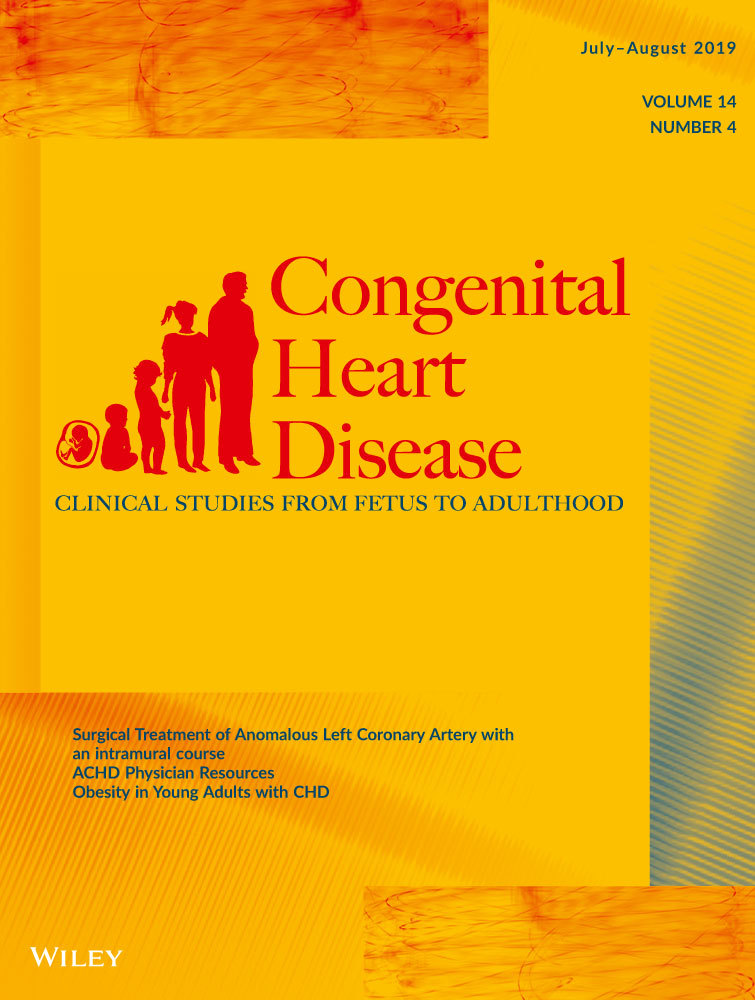Too little too late? Communication with patients with congenital heart disease about challenges of adult life
Abstract
Objective
To investigate the experiences and communication preferences of adult patients with congenital heart disease (CHD) in the domains of employment, insurance, and family planning.
Design
Patients ≥ 18 years of age completed a questionnaire about experiences and communication preferences regarding employment, health insurance, and family planning.
Results
Of 152 patients (median age = 33 years, 50% female, 35% with CHD of great complexity), one in four reported work-related problems due to CHD and a quarter also recalled a previous gap in health insurance. Of females, 29% experienced an unplanned pregnancy. The median importance of discussion ratings (on a 0-10 scale) were 3.5 (employment), 6.0 (insurance), and 8.0 (family planning). Few patients recalled discussions about employment (19%) or health insurance (20%). Over half recalled discussions about family planning, although males were less likely to have had these discussions than females (24% vs 86%, P < .001). Across the three domains, patients identified 16-18 years as the most appropriate age to initiate discussion, although for patients who recalled discussions, they typically occurred between 20 and 25 years.
Conclusions
Adults with CHD commonly face employment, health insurance, and family planning challenges. However, discussions about these matters occur with less frequency than recommended and at older ages than patients would prefer. Communication about such issues should be incorporated into a comprehensive educational curriculum for adolescents during the process of transition to adult care.
CONFLICTS OF INTEREST
The authors declare that they have no conflicts of interest with the contents of this article.




